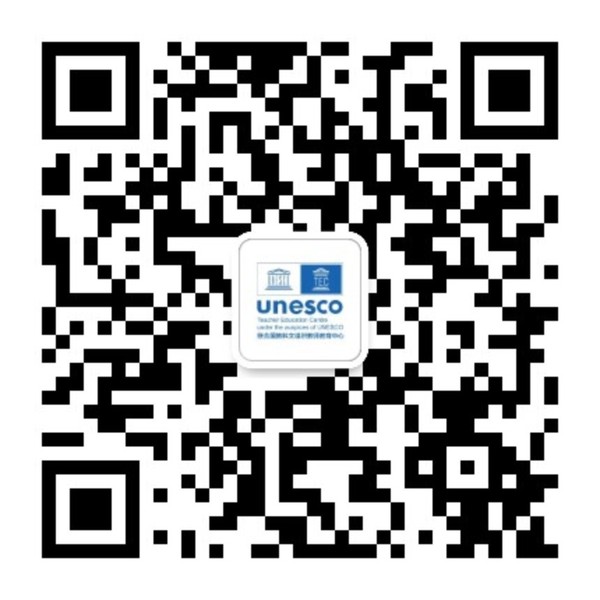From June 2 to July 8, 2021, entrusted by the World Bank, the UNESCO Teacher Education Centre (hereinafter referred to as TEC) hosted six teacher education policy consultation workshops for Sudan’s higher education sector. The series of workshops was chaired by Wang Lianqin, Manager of the World Bank’s Sudan Higher Education Assistance Project, and Safa Ghaly, World Bank Practice Manager for East Africa, attended the opening ceremony and delivered a speech. Venue-specific sessions were set up at Sudan’s Ministry of Higher Education and Scientific Research, the Faculty of Education at the University of Khartoum, and the Faculty of Education at Bakht Alruda University. Professor Zhang Minxuan, Director of TEC, and members of the project team organized six richly content workshops for officials from Sudan’s Ministry of Higher Education, administrators, and full-time teachers from the two universities, and the event achieved complete success.
On June 2, 2021, prior to the official launch of the workshop series, TEC first held a project consultation meeting with key participants from the World Bank and Sudan’s higher education sector. At the meeting, Professor Zhang Minxuan introduced an overview of Shanghai’s basic education, the characteristics of teacher education at Shanghai Normal University (SHNU), and the China-UK Mathematics Teacher Exchange Program and teacher exchange programs with various African countries implemented by TEC, emphasizing TEC’s rich international exchange experience in the field of teacher education. He stated that members of TEC’s project team would fully prepare for and implement the relevant workshops in accordance with the specific needs put forward by Sudan during the meeting, to help the Faculties of Education at the University of Khartoum and Bakht Alruda University improve the quality of teacher education and promote their modernization drive. Safa Ghaly, World Bank Practice Manager for East Africa; Sami Mohamed Sheriff, Undersecretary of Sudan’s Ministry of Higher Education and Scientific Research; and other Sudanese participants thanked TEC’s team for their strong support. The three parties unanimously agreed to hold six workshops on different themes from June 9 to July 8, to fully introduce the successful experiences of Shanghai’s teacher education and basic education development to Sudan.
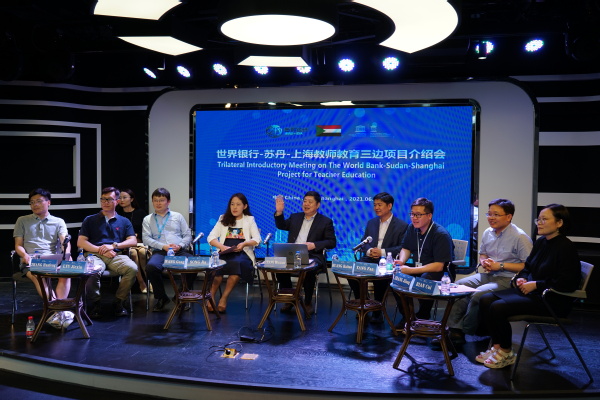
Figure 1: Offline photo of the introductory meeting
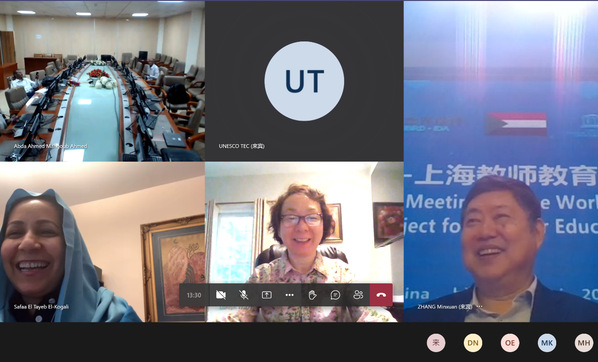
Figure 2: Online screenshot of the introductory meeting
On June 9, the first workshop focused on Teacher Education Governance and Quality Assurance, delivered by Professor Zhang Minxuan and Associate Professor Song Jia. Professor Zhang gave a keynote speech titled Governance of Higher Education and Teacher Education Development in Shanghai, which profoundly analyzed the logical starting point, practical foundation, and implementation path of strengthening educational governance from a historical and contemporary perspective, and proposed a pagoda-shaped teacher education development and management mechanism with Chinese characteristics. Associate Professor Song Jia centered on China’s higher education quality assurance system, systematically interpreting SHNU’s full-process quality assurance system from three aspects: undergraduate teaching evaluation, discipline ranking, and teacher training program accreditation, highlighting the student-centered educational goal. She also introduced new concepts and directions of the quality assurance system. During the Q&A session, Sudanese participants actively raised questions regarding international student programs in China, teacher qualification requirements, and teacher further training. The Chinese team provided detailed answers and welcomed Sudanese teachers and students to study in China.
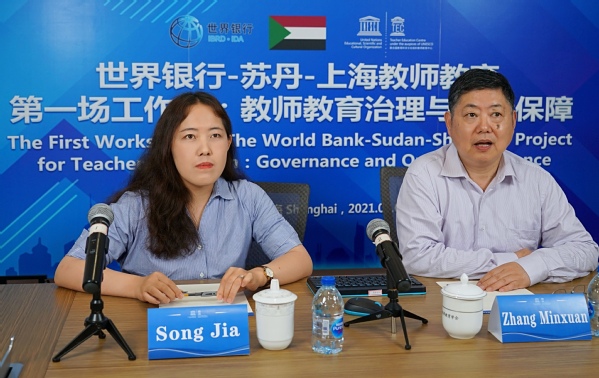
Figure 3: Speakers of the first workshop
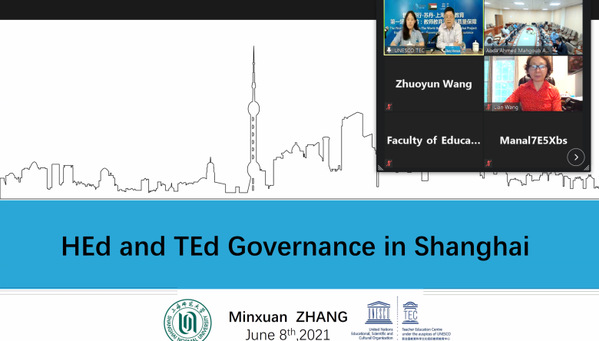
Figure 4: Screenshot of the first workshop presentation
On June 16, the second workshop focused on Capacity Building for Human Resource, delivered by Associate Researcher Bian Cui and Associate Professor Zhang Jilong. The two first compared traditional and modern human capital theories, then combined with the current situation of human resources at SHNU, discussed relevant practices in human resource development in recruitment, promotion, performance appraisal, professional development, and reward systems. They particularly pointed out the different requirements for teachers at different development stages and types in teaching, research, social services, etc., while emphasizing the need to strengthen teachers’ ethics and professional integrity development. Finally, they looked forward to the future development of human capital models and expressed firm confidence that Sudan would achieve the modernization of teacher education. During the Q&A session, they responded one by one to Sudanese questions about the student-teacher ratio, teacher benefits, and capacity building, deepening Sudan’s understanding of Capacity Building for Human Resource.
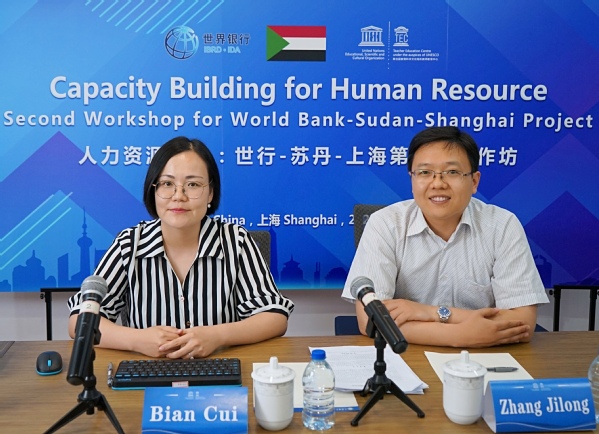
Figure 5: Speakers of the second workshop
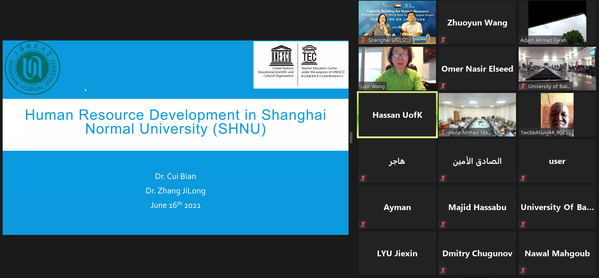
Figure 6: Screenshot of the second workshop presentation
On June 23, the third workshop focused on Pre-Service Teacher Curriculum, delivered by Associate Professor Yang Fan, Deputy Director of the Academic Affairs Office; Associate Researcher Bian Cui; and Associate Professor Song Jia. Based on SHNU’s practices, Associate Professor Yang Fan shared the decision-making system, curriculum system, student training model of teacher education at different levels, and the outstanding advantages of pre-service teachers in five aspects: teachers’ ethics development, interdisciplinary research, information literacy, internationalization level, and practical ability. They also shared effective measures taken by SHNU to improve the quality of teacher education. For example, the university adopts high-standard assessment mechanisms, listens to feedback from graduates, adjusts the curriculum system based on big data tracking and stakeholder opinions, and advocates teachers to integrate teaching and research in teacher education courses. These measures provided valuable reference experiences for Sudan. Finally, the Chinese team addressed Sudan’s doubts regarding pre-service teacher internships, assessment methods, teaching for underachieving students, and the U-G-S model.
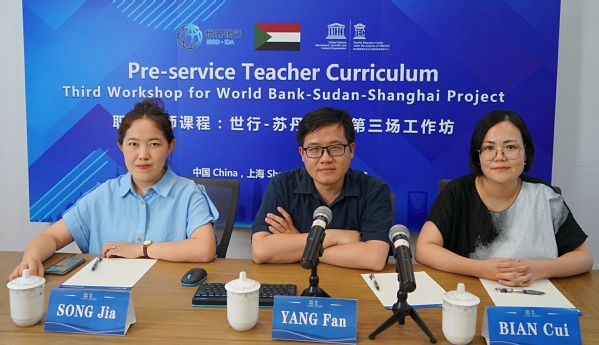
Figure 7: Speakers of the third workshop
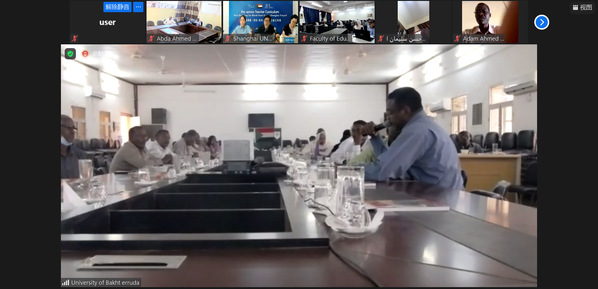
Figure 8: Screenshot of the third workshop presentation
On June 29, the fourth workshop focused on Promoting Action Research, delivered by Associate Professor Lü Jiexin and Dr. Zhang Huafeng. By introducing educational research paradigms, demonstrating the characteristics of action research focusing on practical issues, and combining the traditional Chinese concept of teacher training, they illustrated the importance of action research. On this basis, they elaborated on the operational steps, project types, and requirements of action research at SHNU and basic education schools in Shanghai, as well as the remarkable achievements of action research in professional development, education and teaching, and school reform, highlighting the significant role of action research in improving the quality of education and teaching. During the Q&A session, Sudanese participants raised questions about how action research can strengthen the correlation between courses, how to conduct observations in action research, and how to improve teaching effectiveness. By introducing the rich experience of SHNU’s Faculty of Education in action research, the Chinese team provided new ideas for Sudan to address the current situation of insufficient teacher research capabilities.
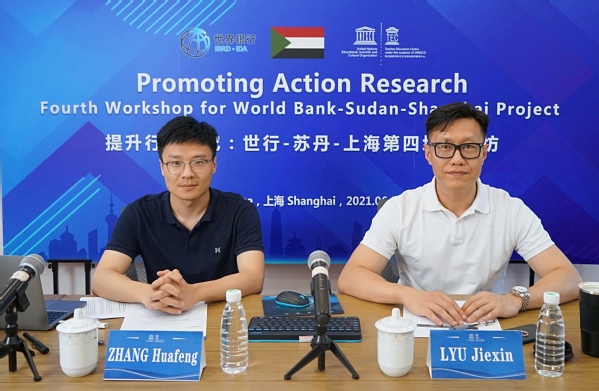
Figure 9: Speakers of the fourth workshop
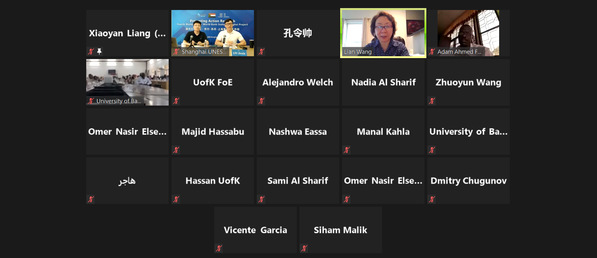
Figure 10: Screenshot of the fourth workshop presentation
On July 7, the fifth workshop focused on Leveraging ICT for Teacher Education, delivered by Wang Gong, Deputy Director of the Academic Affairs Office; Dr. Ji Jun from the School of Information and Electrical Engineering; and technical expert Guan Zhida. By explaining the application of ICT at SHNU, they demonstrated SHNU’s practices in continuously transforming learning models and deepening blended learning. They detailed how to use ICT for blended learning from technical support, content development, and equipment operation, elaborating on changes that occur before, during, and after classes, and vividly illustrating the positive role of ICT in building high-quality education in the information age. Finally, in response to Sudan’s questions about how to apply blended teaching to practical courses and examinations, and how to improve teachers’ information literacy, the Chinese team conducted in-depth analysis based on China’s infrastructure construction, effectively enhancing Sudan’s understanding of ICT-enabled teacher education.
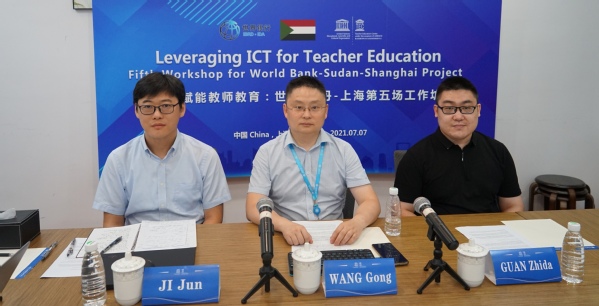
Figure 11: Speakers of the fifth workshop

Figure 12: Screenshot of the fifth workshop presentation
On July 8, the sixth workshop focused on Math Teacher Training, attended by Associate Professor Huang Xingfeng, Manager of the China-UK Mathematics Teacher Exchange Program; Professor Zhang Minxuan; and Associate Professor Song Jia, bringing the series of workshops to a perfect conclusion. Associate Professor Huang Xingfeng first introduced the socio-cultural background of mathematics teacher training in China, highlighting the characteristic that Chinese mathematics teachers are proficient in the mathematics discipline. Secondly, he discussed three balanced measures to be maintained in mathematics teaching: memory and understanding, abstraction and concreteness, and teacher demonstration and student exploration. Subsequently, he elaborated on the training process of pre-service mathematics teachers from the perspectives of training model, structure, and teaching methods. Finally, taking the university’s provision of collaborative learning spaces for mathematics teachers and teaching and research group support as examples, he demonstrated the positive achievements of SHNU in the concepts, measures, and methods of mathematics teacher training. The Chinese team also patiently answered Sudan’s questions about student evaluation and the development history of mathematics teaching, enabling participants to gain a deeper understanding of mathematics teacher training.
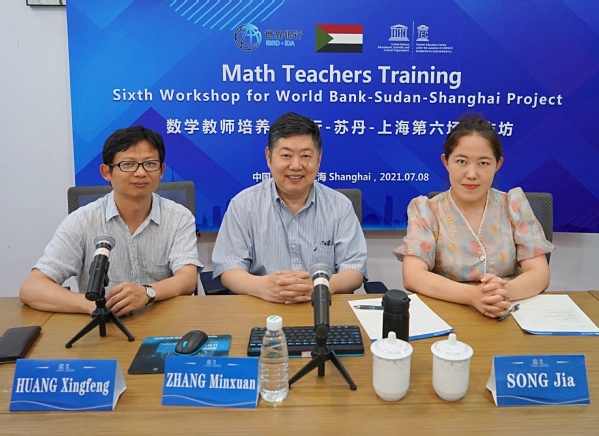
Figure 13: Speakers of the sixth workshop
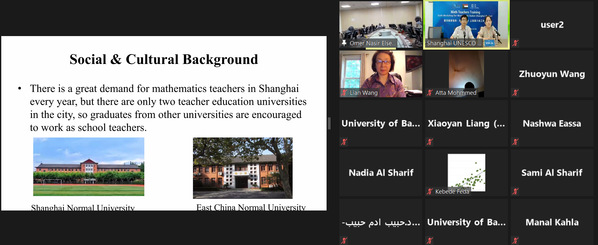
Figure 14: Screenshot of the sixth workshop presentation
Through this series of workshops under the Trilateral Introductory Meeting on The World Bank-Sudan-Shanghai Project for Teacher Education, TEC provided richly content policy and strategy consultation services for Sudan to achieve the modernization of teacher education. At the conclusion of the workshops, the World Bank Project Manager and Sudan’s Minister of Higher Education fully affirmed the organization, topic selection, and effectiveness of the workshops, thanked the Chinese team for their strong support, and highly praised the professionalism of the Chinese project members. Professor Zhang Minxuan stated that through the sharing of TEC’s project team and the learning of the Sudanese team, Sudan’s teacher education development will surely reach a new level, Sudan’s students will surely have a better future, and Sudan will surely achieve educational modernization in the future. Next, the World Bank, Sudan, and Shanghai will further explore future in-depth cooperation plans and the possibility of face-to-face exchanges to consolidate and expand the current exchange achievements.
Currently, TEC is striving towards the goal of becoming a service provider, standard-setter, and research and resource management center in the field of teacher education, and is making greater contributions to summarizing and disseminating Chinese teacher education experiences, telling Chinese education stories, and promoting the development of international teacher education.




